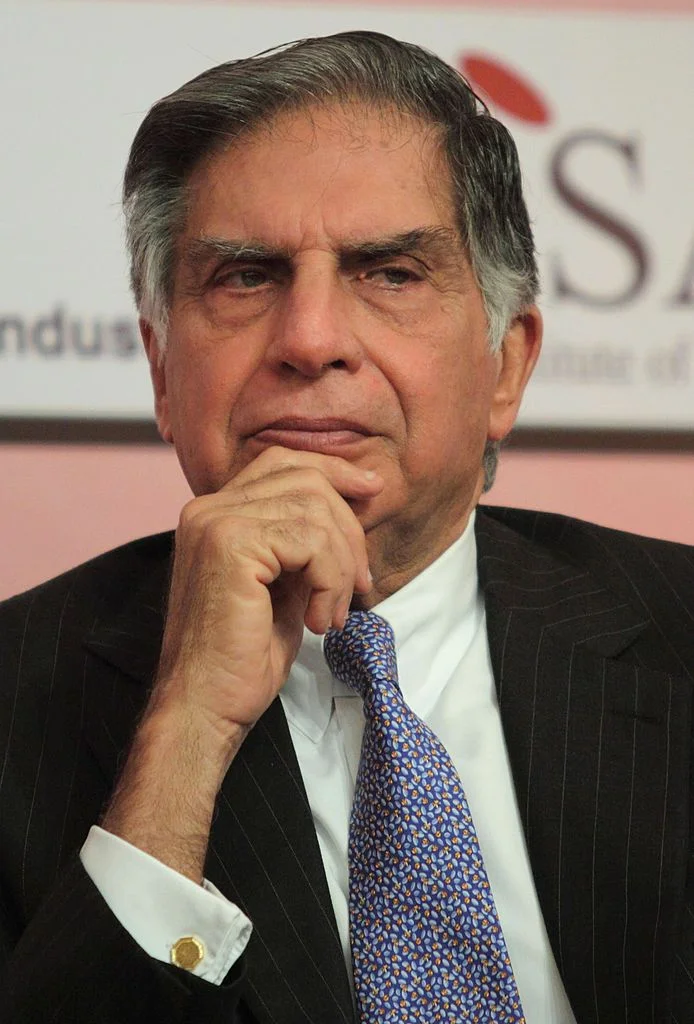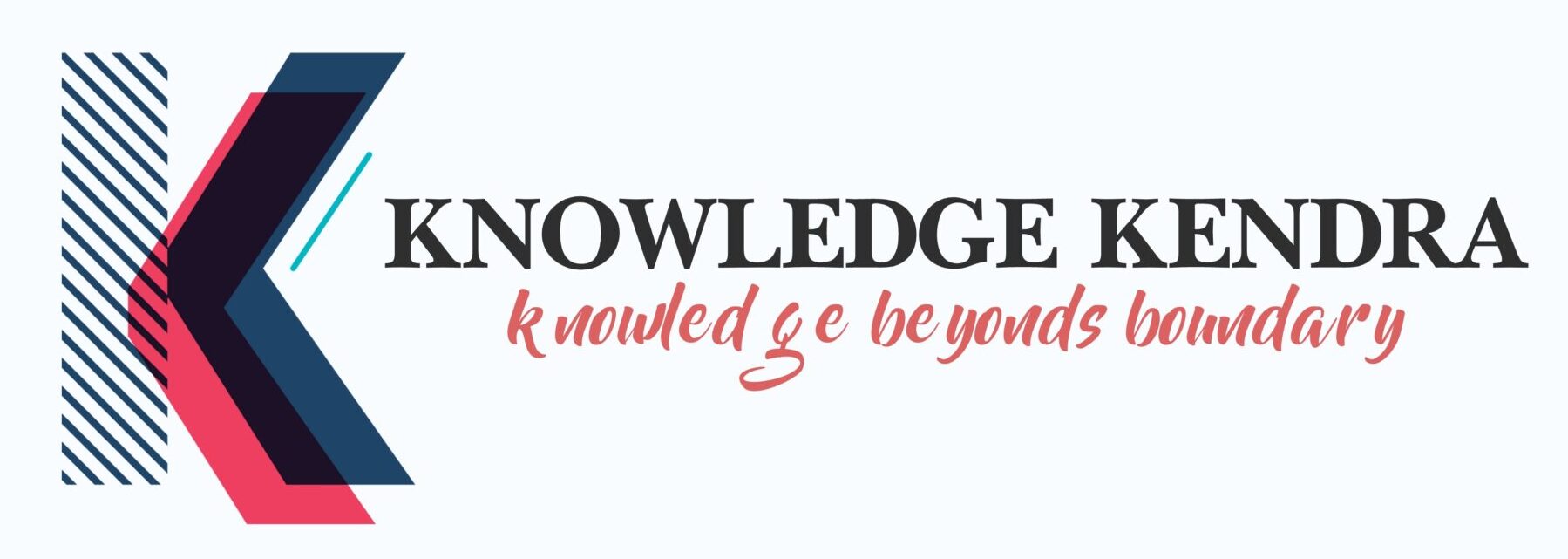
Early Life and Education-
Ratan Naval Tata was born on December 28, 1937, in Mumbai, India, into one of the most illustrious families in Indian business history. He is a direct descendant of the great-grandfather, Jamsetji Tata, who founded Tata Group, one of India’s largest and most respected conglomerates. In fact, Ratan’s childhood has always been associated with the early separation of his parents; he was brought up by his grandmother, Lady Navajbai Tata, amidst discipline and high academic standards.
He was educated at Campion School in Mumbai as well as Cathedral and John Connon School. Ratan Tata graduated in architecture from Cornell University in 1962. During his stay in the United States, he also attended the Advanced Management Program of Harvard Business School to improve his business acumen.
Joining Tata Group-
Ratan Tata began his experience in the Tata Group in 1961 when he joined Tata Steel as an apprentice on shop floor. This time and experience would prove important as they gave him grassroots understanding of the operational struggles of the workforce of the company. He went through various roles in the Tata Group, which helped him attain a great overall understanding of the varied businesses that came under its portfolio.
In 1971, Ratan Tata was appointed the Director-in-Charge of the National Radio and Electronics Company Limited (NELCO). NELCO happened to be a weak Tata enterprise, and he made all efforts from his end in rectifying the trend. The company closed down due to external economic factors, but he maintained his confidence.
He has fond memories of this period because it helped him mold himself as a better leader and individually as a strong person
Real leadership came to Ratan Tata in 1991 when he was appointed the chairman of Tata Sons, the holding company of the Tata Group, upon the retirement of his uncle, J.R.D. Tata. The appointment ushered in a change of era for the group. At that time most of the Tata Group companies were operating independently and with relatively little coordination. Integration of those businesses by streamlining operations and infusing them with a single-minded strategic direction was the task set before Ratan Tata.
Some of the early decisions included the sell-off of non-core businesses and focus on high growth sectors such as steel, automobiles, telecommunication, and information technology. This strategic shift allowed the Tata Group to be faster and more agile in a fast-changing global economy.
Transformational Acquisition-
Under Ratan Tata’s leadership, Tata Group emerged in a spate of headline-shaking acquisitions that had significantly expanded its global footprint. In 2000, Tata Tea acquired the UK-based Tetley Group, turning it into one of the largest tea companies in the world. “It was a pretty bold move that showed the seriousness of the Tata Group and its ambition to become a global player,” says Sanjiv Puri, Executive Director at Tata Chemicals, recently.
In 2004, it bought South Korea’s truck manufacturer Daewoo Commercial Vehicles Company. However, the acquisition that prominently thrust Tata Steel into the limelight was the acquisition of Anglo-Dutch steelmaker Corus Group for $12 billion in 2007. This acquisition catapulted Tata Steel into the top 10 global steel producers and so showed the group’s capability in executing large-size international deals.
Tata Motors’s second pioneering act came in the year 2008, when it bought Jaguar and Land Rover, British luxury car brands, from Ford Motor Company. It expanded Tata Motors in the luxury car segment while rejuvenating Jaguar Land Rover brands through strategic investments in the design, technology, and manufacturing.
Innovation and Product Development-
Ratan Tata was not just acquisitive but also innovative and in product development. The most visible example of this is the Tata Nano, first unveiled in 2008 as the cheapest car in the world. With a price tag of around $2,500, it was also to be an affordable, safe transport for millions of Indian families. Though it drew very little revenue and did not stake claim to as much market share as had been forecasted, one still remembers the Tata Nano as proof of Ratan Tata’s intent at filling the gap of the masses.
The greatest innovation of the decade was the Tata Indica, the first passenger car entirely designed and manufactured in India. The New Indian Small Car, launched in 1998, marked the entry of Tata Motors into highly competitive passenger car markets. From there on, the company laid the firm foundation for the success it would achieve in the passenger car sector.
Social Responsibility End-
The leadership of Ratan Tata is characterized by deep commitment to social responsibility and philanthropy. Tata Group has been interested in ethical business under his leadership and focused attention on community development. Therefore, Tata Group CSR covers the following: education, healthcare, rural development, and environment sustainability.
One of the most successful philanthropic initiatives undertaken by Ratan Tata is the Tata Trusts, which owns almost 66% equity in Tata Sons. This group of trusts supports numerous social causes in India, especially in health, nutrition, education, and livelihoods. It represents the personal commitment of Ratan Tata toward these activities.
Awards-
Ratan Tata’s contribution to business and society has been recognized with great significance in India as well as globally. Over the years, he has received numerous awards and accolades for his leadership and philanthropic gestures.
In the year 2000, he was awarded the great Padma Bhushan, one of India’s highest civilian awards. In 2008, he received the Padma Vibhushan, the second-highest civilian award in India.
Apart from these national honors, Ratan Tata received honorary doctorates from known and prominent universities like Cornell University, London School of Economics, and the University of Cambridge. He was also recognized by international organizations due to his contributions in world business and philanthropy.
Retirement and Continuance with Involvement-
In 2012, Ratan Tata moved out of Tata Sons, the holding company of the Tata Group. He passed on to his successor, Cyrus Mistry. But he did not move out of the Tata Group. He remained the chairman emeritus for Tata Sons, Tata Industries, Tata Motors, Tata Steel, and Tata Chemicals.
Apart from his membership with the Tata Group, Ratan Tata has been very involved as a member of several other advisory boards. Ratan Tata sat on the boards of various international organizations and was a member of the Prime Minister’s Council on Trade and Industry in India. Because of such precious insight and experience, he continues to be in demand among leaders of business and policymakers worldwide.
Legacy and Impact-
Ratan Tata symbolizes visionary leadership, ethics in business, and consistent social responsibility. The period of his tenure as the chairman of Tata Group transformed the group into a global leader with a presence in more than 100 countries and diversified operations in different businesses. Under his leadership, the Tata Group did not only achieve remarkable business success but also made significant contributions to the communities it operates in.
Beyond the business world, Ratan Tata inspired millions by making himself more humble by simplicity, integrity, and commitment to society through positive changes. His philanthropic projects touched millions by providing them with education, health care, and opportunities for a better future.
Conclusion-
Ratan Tata, the esteemed chairman emeritus of the Tata Group, passed away on October 9, 2024, at the age of 86.
The life and career of Ratan Tata reflect visionary leadership, innovation, and social responsibility. Through his contributions to the Tata Group, he has left an indelible mark on the business landscape as well as Indian and global society. His legacy will remind all of the power of ethical leadership and how one person can make a difference in this world.
This says a lot about the values of the Tata Group being quite sustainable and that business is an important force for doing good. The vision and direction of Ratan Tata will inspire generations, and his legacy will be just that guide that would speak in miles ahead of what is going to unfold in the years to come.
Table of Contents
- for more information visit-https://en.wikipedia.org/wiki/Ratan_Tata




Pingback: Top 10 Builders in Goa: Transforming the Real Estate Sector - Knowledge kendra
Pingback: "The Inspiring Life of Mahatma Gandhi (1869-1948): A Detailed Biography!" - Knowledge kendra
Pingback: 11 Key Basics of the Indian Stock Market for a Strong Start - Knowledge kendra
Pingback: Inspiring Life of Ratan Tata: A Legacy of Leadership and Philanthropy 2024 - Knowledge kendra